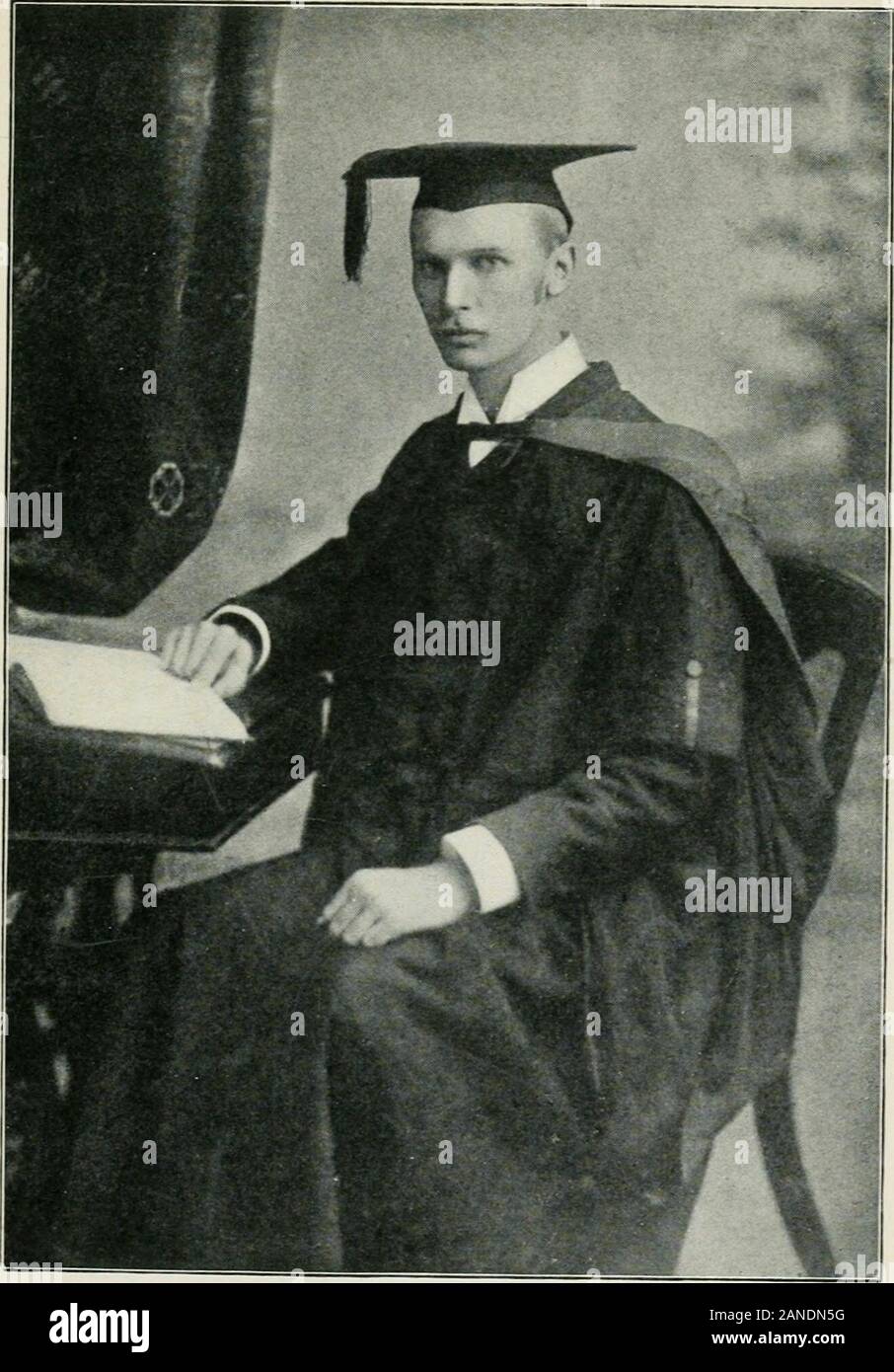Jan Smuts, being a character sketch of Genthe HonJ.CSmuts, K.C., M.L.A., Minister of Defence, Union of South Africa . cept as a factor in a discussion of this nature the selfishprinciple of him who refers everything to the great I am, who takes hisown interest or convenience as his sole criterion. Calling this thegreatest curse to which flesh and blood can be liable, he appeals tothe reasonable element in human nature as proof of the fact thatslavery must always have been recognized as founded on the desire forpersonal gain. As an incontrovertible argument in favour of thisassumption, he menti

Image details
Contributor:
The Reading Room / Alamy Stock PhotoImage ID:
2ANDN5GFile size:
7.1 MB (368.1 KB Compressed download)Releases:
Model - no | Property - noDo I need a release?Dimensions:
1320 x 1893 px | 22.4 x 32.1 cm | 8.8 x 12.6 inches | 150dpiMore information:
This image is a public domain image, which means either that copyright has expired in the image or the copyright holder has waived their copyright. Alamy charges you a fee for access to the high resolution copy of the image.
This image could have imperfections as it’s either historical or reportage.
Jan Smuts, being a character sketch of Genthe HonJ.CSmuts, K.C., M.L.A., Minister of Defence, Union of South Africa . cept as a factor in a discussion of this nature the selfishprinciple of him who refers everything to the great I am, who takes hisown interest or convenience as his sole criterion. Calling this thegreatest curse to which flesh and blood can be liable, he appeals tothe reasonable element in human nature as proof of the fact thatslavery must always have been recognized as founded on the desire forpersonal gain. As an incontrovertible argument in favour of thisassumption, he mentions the circumstance that theocracy never knewthe slave system proper. The Jews gave every slave an opportunity ofregaining his freedom at the end of seven years. This is quoted asconstituting a vital difference between their system and that of thosenations whose slaves had to bid good-bye to all hope of freedom, andwere thus bound to descend to the lowest depths of d-egradation anddespair, sinking further and further in the scale of humanity. Moralelevation, the highest form of religion, is based on enthusiasm.. GENERAL SMUTS IN 1891. STELLENBOSCH TO CAMBRIDGE 9 his experience. Such a one would say unreservedly thingsthat General Smuts, or even Advocate Smuts, might wish tocircumscribe ; but who can deny that fundamental traits arebound to show themselves when a young man sends aserious contribution to a very solid magazine ? He proceeds : The Law of Influence {invloedswci) isone of the grandest and most universal of moral laws.From it we derive our idea of God. His position isillustrated by the statement that God is represented in theBible as being influenced by man to a greater extent thanmans own fellow-being, for, whereas man is often deafto mans entreaty, God yields to prayer. Men who arementally and morally superior are more easily affected byus than persons of low character— The nearer to perfec-tion, the greater the domination of Influence. Pessimismhe calls the nega